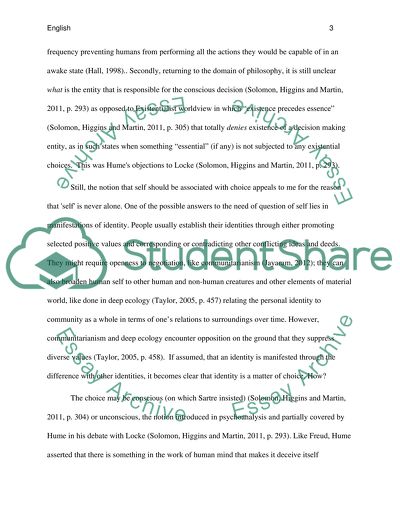Cite this document
(“Identity, community, and conflict Essay Example | Topics and Well Written Essays - 1000 words”, n.d.)
Retrieved from https://studentshare.org/philosophy/1467677-choices-we-make
Retrieved from https://studentshare.org/philosophy/1467677-choices-we-make
(Identity, Community, and Conflict Essay Example | Topics and Well Written Essays - 1000 Words)
https://studentshare.org/philosophy/1467677-choices-we-make.
https://studentshare.org/philosophy/1467677-choices-we-make.
“Identity, Community, and Conflict Essay Example | Topics and Well Written Essays - 1000 Words”, n.d. https://studentshare.org/philosophy/1467677-choices-we-make.


